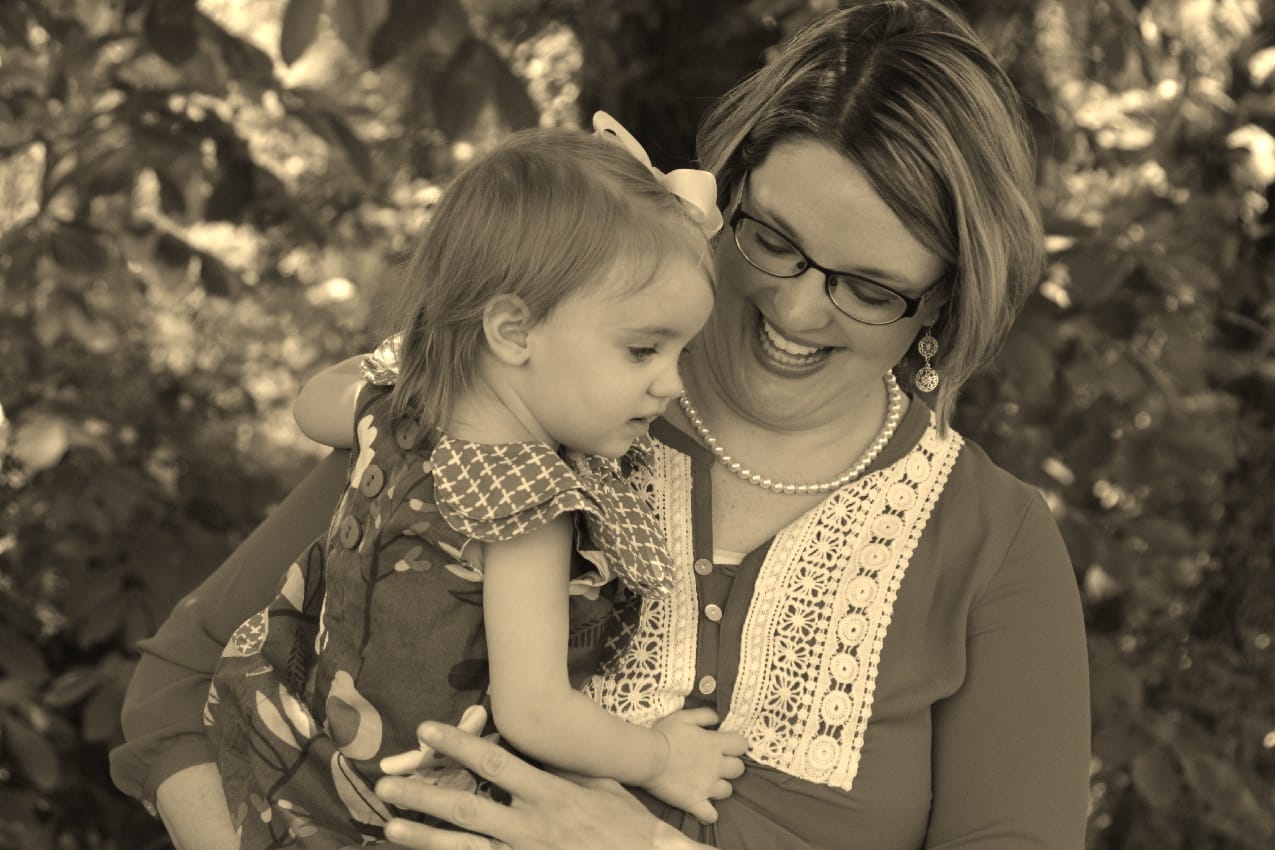
Psychoanalytical perspective of motherhood in the Awakening essay
The present paper is dedicated to the psychoanalytical analysis of motherhood in Kate Chopin’s novel “The Awakening”. In accordance with the psychoanalytic approach, the focus in the analysis has to be made on the unconscious mind. From the psychoanalytic perspective, the past experiences of Chopin’s Edna have great influence over her behavior. The woman in the novel experience an internal fight with herself, the fight against the socially accepted roles of women as mothers. But in accordance with the psychoanalytical concept, Edna’s ego identity (self) which is true rebel, her personal identity, and her social/cultural identity (the collection of social roles she plays) are all against adoption of the traditional woman’s role. Edna finds another kind of motherhood instead of traditional one – the motherhood of her artworks which is free from any socially imposed limitations.
It needs to be mentioned that the social settings of the novel correspond to the major features of Edna’s character. The society she lives in is extremely conservative and traditional. It considers women first of all as mothers and wives. It is obvious that the feminist approach could be easily applied to “The Awakening” because basically it is a story of the struggle of women for independence in society. They started their fight against their traditional social roles, rights and responsibilities and against their cultural slavery as well.
As for the historical point of view, this novel could be researched taking into account the political and social conditions of life in the later nineteenth century. Without a doubt, this historical period was symbolized by the overall social shift to modernity. The wind of change could be felt in the air at the time when the events described in the novel took place. These inevitable signs of change influenced women as well, making them rebel against the limitations that were imposed on them. Despite the fact that the previous social order that included their work which could take place in the shop or at home and the family, some obvious changes in the social ideals of women has started and it clearly corresponds to the internal conflict of the protagonist in “The Awakening” between motherhood and personal freedom from the social pressure. The woman’s fight for personal identity and independence was truly uncommon for these times therefore it is clear that “The Awakening” has a strong feminist theme in it.
But let’s focus on the psychoanalytical analysis of “The Awakening”. At first it has to be reminded that psychoanalysis consists of as many as 22 theoretical orientations about human mental state and development.
For this research I suggest using not the statements of original psychoanalysis theory by Sigmund Freud but the findings of German psychoanalyst Erik Erikson whose psychosocial theory was significantly influenced by Freud. Erikson broadened the scope of personality in his theory to incorporate society and culture, not just sexuality. He accepted many of Freud’s theories, including the id, ego, and superego, and Freud’s theory of infantile sexuality. But Erikson rejected Freud’s attempt to describe personality solely on the basis of sexuality, and, unlike Freud, felt that personality continued to develop beyond five years of age. Erik Erikson defined three aspects of identity:
- the ego identity (self),
- personal identity (the personal distinguished features),
- social/cultural identity (the collection of social roles a person might play)
According to Erikson society could be named as one of the major external influences on the personality. Edna experiences significant influence of the standards of mother and wife that were normal for the nineteenth century. The psychoanalytical elements could be found in Edna’s imprisonment in marriage and motherhood because she has to obey the patriarchal norms and dominant masculine authorities.
In terms of the motherhood perspective, Edna Pontellier is defined by Kate Chopin as not a mother-woman. Edna could not be described as maternal woman who is fond of kids and husband. Another character was used by the author to emphasize this opposition of the protagonist to the maternal nature –Adele Ratignolle – who demonstrates the true maternal instincts. Edna’s attempts to copy Adele’s behavior failed. Soon the protagonist realizes that such imitation is impossible for her, because her nature is truly oppressive to the motherhood. Kate Chopin pictures the woman who perceives the motherhood as a given responsibility, and who understands the social expectations. She is enlightened and self-conscious about her woman’s fate and her real desires. After the enlighten Edna Pontellier becomes brave enough to allow herself to think freely, the way she would never done it before in her previous life full of oppressive limitations.
As a result, Kate Chopin’s protagonist undertakes an extreme action – she leaves her husband and their children to become an artist. The author hints that the traditional maternal role could not be compatible with the artistic lifestyle, because the traditional role of women at that time posed many limitations and made any chance to of artistic career an impossible dream.
Therefore, a conclusion could be made that Edna belongs to herself and her life choice confirms that. According to psychoanalysis theory, she still searches for some kind of substitute. She finds herself in another kind of the motherhood: in her artworks creation. In addition, she is not influenced by the strict social norms anymore.

